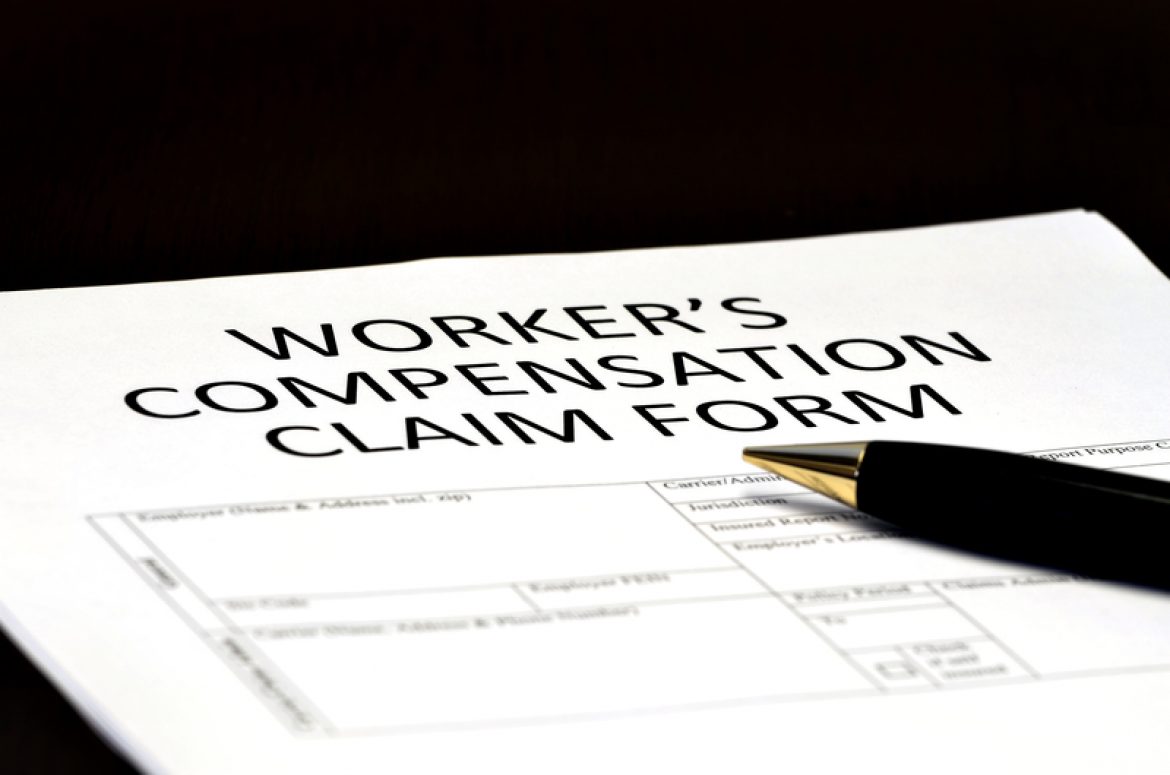Tricks Employers Use in Workers’ Comp Cases

Many employers make good on their obligations under the law to take care of workers who have been injured on the job. Unfortunately, some employers attempt to skirt the rules or resort to unfair practices designed to minimize their legal obligations to the injured worker. Over the years, our workers comp attorneys at Buzzell, Welsh & Hill have encountered just about every trick in the book. Below are some of the most common tricks to watch out for:
The employer avoids reporting an injury to their insurer.
Contrary to popular belief, workers’ comp is not a state-funded benefit system. Employers are privately insured for workers’ comp insurance coverage. Most employers purchase workers’ comp insurance from an insurance agency, much like you purchase your own auto insurance policy or homeowners’ insurance policy. And just as your car insurance premiums would spike after you cause a crash, employers can expect to see a rise in their premium payments after reporting a workplace injury.
To head this off, some employers offer to pay for an employee’s medical expenses out of pocket or encourage the employee to run the medical expenses under an employee’s group health insurance coverage. Although assisting with your health insurance co-pays or paying for your doctor visits may seem like a kindhearted gesture upfront, some employers do so simply to avoid reporting the work injury to their workers’ comp insurer. This can cost the employee other benefits he or she may be entitled to receive under the law, such as weekly income benefits (workers’ comp paychecks), reimbursement for mileage or prescriptions, or compensation for a permanent disability rating.
The employer rushes an employee back to work before seven days have passed.
If an employee misses seven consecutive days of work after a work injury, the employer must pay the employee weekly workers’ compensation checks for the missed time from work. Sometimes, an employer will rush the employee back to work before this seven-day period passes, promising light duty or a modified schedule. Many employers do this to avoid paying that very first workers’ comp check for lost time. This is because once the employer has paid the first weekly check to the employee, the employer’s ability to later deny or fight the work injury claim becomes very limited.
This tactic is especially common with larger corporations and staffing companies, where a human resources manager will immediately send the injured employee to an urgent care or occupational medicine clinic, then return the worker to a job in the following days with “modified duty” restrictions. Employees who are rushed back to work following an injury sometimes aggravate the injury, face lower pay due to reduced hours, and may even lose their job when they are unable to keep up with productivity demands because of the injury.
The employer may misclassify workers as “independent contractors.”
Workers’ comp is only available to employees, not workers deemed to be “independent contractors.” Unfortunately, some employers attempt to exploit the system by claiming certain employees are actually independent contractors—a tactic common in the trucking and construction industries. Just because your employer refers to you as an “independent contractor” does not mean you will be excluded as an “employee” under the Georgia workers’ comp laws. Instead, the laws examine how much control the employer maintains over the time, manner and method of how the worker performs his or her assigned job duties. At a workers’ comp hearing, a workers’ comp judge will ultimately decide whether a particular worker is an employee or an independent contractor.
The employer steers an injured worker to a doctor of the employer’s choosing.
When you’re injured on the job, you have the right to choose a doctor from the employer’s posted panel of physicians. Some employers will try to encourage injured workers to see a particular doctor or clinic—one that is likely to work in the employer’s favor versus the patient’s favor, or one that might be more inclined to send the employee back to full-duty work sooner than is medically appropriate. Injured workers should always ask to see the employer’s panel of physicians when selecting a doctor.
Workers comp attorney Macon, GA
If you’ve been injured on the job, it’s critical to speak to an experienced workers’ comp attorney right away. Handling these complex cases correctly from the beginning is crucial for your long-term care and compensation. At Buzzell, Welsh & Hill, we’ll help you get the compensation you deserve, allowing you focus on your health and your career goals. Contact us for a free consultation today.
